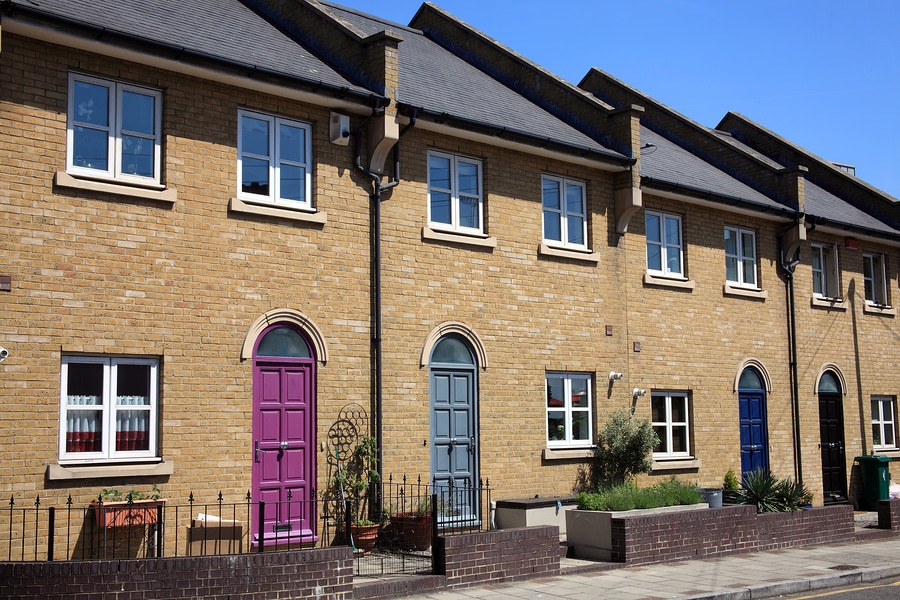Affordable first time buyer mortgages

Affordable first time buyer mortgages
The Department of Housing, Communities and Local Government recently said that we are seeing the highest number of first time mortgages granted in over a decade. The government and mortgage lenders have taken a pincer approach to get more people on the property ladder.
Here are some ways in which first time buyer mortgages have become more affordable:
- Help-to-Buy and Lifetime ISAs – saving schemes for deposits where the government tops up savings;
- Shared ownership – where a percentage of the property is purchased rather than all of it;
- Less expensive and more widely available 90% and 95% mortgages – where a 10% or 5% deposit is required;
- Family mortgages – where wider family assets are brought into the mortgage calculation;
- Acceptance by mortgage lenders of gift deposits from family members and/or loved ones.
More on Help-to-Buy and Lifetime ISAs
Both savings schemes are designed to help would-be homeowners save for a mortgage deposit.
Help-to-Buy ISAs:
- Must be a first time buyer
- Must be at least 18 years’ old
- Can save as a group – Help-to-Buy ISAs are available for each first time buyer not each home
- Savings are tax free
- You can start off your ISA with an initial deposit of £1,000
- The government will top up contributions by 25% up to the contribution limit of £12,000.
Lifetime ISAs:
- Designed to help 18-39 year olds save for a first home or for retirement
- Must be a first time buyer if using the ISA for a first home
- Tax free savings or investments accounts
- The government will contribute a maximum of £1,000 per tax year on £4,000 of savings, until the saver turns 50 years’ old
- Savers can invest in either stocks or shares
- Lifetime ISAs sit within the overall ISA limit of £20,000 (Tax Year 2018-19)
- Up to the age of 60 cash from the ISA must be used to purchase a property
- From 60 the money can be spent as the ISA owner sees fit
- A spouse or civil partner can inherit the ISA value.
More on shared ownership
Part of a government scheme to assist lower-income families and first time buyers to purchase a property; shared ownership enables home buyers to take out a mortgage for 25%-75% of the property value, whilst paying rent on the other proportion.
Shared ownership:
- Eligibility – where a household income is £60,000 pa or less and the would-be homeowner is either a first-time buyer or a previous homeowner who cannot now afford to buy. Alternatively would-be homeowners are renting either a council or a housing association property, or have a long-term disability under HOLD (government’s Home Ownership for People with Long-Term Disabilities)
- The government offers Shared Ownership schemes under its Help-to-Buy mortgage scheme. Those living in council or housing association homes can apply for Social Home Buy where a share of the home is bought and rent is paid on the rest
- Shared ownership schemes are not the same as shared equity schemes. Shared equity schemes offer a low-interest loan on part of the home in exchange for a share of equity in the home.
More on 90% and 95% mortgages
Mortgages where a lower deposit of 5% or 10% is required are widely available for first time buyers and some home-movers in the UK. These mortgages can make home ownership more affordable as the deposit is smaller. Deposits saved as Help-to-Buy ISAs or Lifetime ISAs or deposits that are gifted by friends and family are acceptable to mortgage lenders.
More on family mortgages
Many people struggle to save for a deposit because they are paying expensive rent. A family mortgage may be an option for them because what a family owns in savings, property and investment can be used as a replacement to a traditional deposit for first time buyers, or home movers.
Family Mortgages:
- Benefits buyers by reducing interest on mortgages and therefore monthly payments, increasing buying power so that a higher value house can be purchased
- Families’ benefit from avoiding gifting money outright, and instead put assets to work as buyer security.
Affordable opportunities to help people to be homeowners do exist. We would urge readers as always to speak to a mortgage specialist IFA.
Please call our team of Chichester-based IFAs on 01243 532 635 to arrange a consultation. To discuss mortgages and insurances please ask to speak to James Mayne.
To discuss pensions, retirement and investment plans with us please ask to speak to Richard Smith.
To discuss Life, serious illness, equity release (to provide for retirement income) and income protection insurances please ask to speak to Hamish Gairns.
Your home may be repossessed if you do not keep up repayments on your mortgage.
